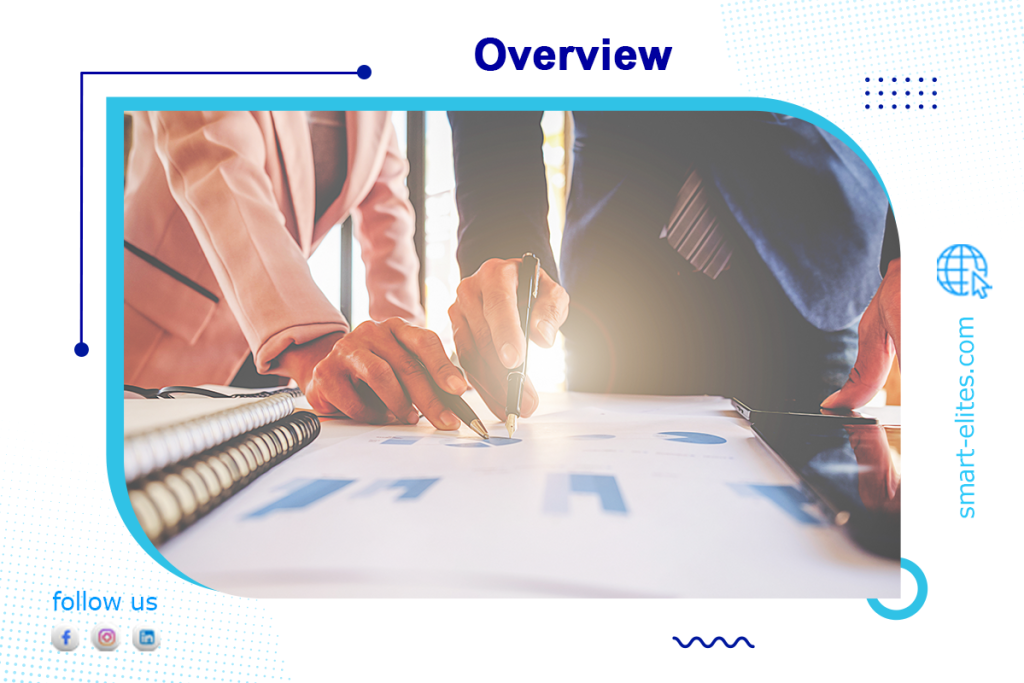Our Services
NH provides comprehensive, context-driven solutions across the following core service areas:
Scope of Our Services
- International Donors and Development Partners
- Government Agencies and Public Sector Organizations
- National and International NGOs
- Small, Medium, and Large Enterprises (SMEs)
- Individual Entrepreneurs and Investors

Our Approaches
Business Development Services
- Conduct rigorous market research, applying contextual intelligence to assess local consumer behavior, regulatory environments, and economic trends.
- Co-create growth strategies with client teams, utilizing the SMART framework to define clear objectives, metrics, and timelines.
- Identify new market segments, conduct feasibility studies, and facilitate strategic partnerships to drive business growth.
- Uphold high standards of transparency and integrity, ensuring all recommendations are actionable and aligned with client goals.
NGOs’ Support and Fundraising
- Conduct a comprehensive needs assessment and stakeholder mapping to fully understand each NGO’s mission, strengths, challenges, and opportunities.
- Co-create a SMART-based fundraising strategy with the NGO team, identifying diverse funding sources such as international donors, corporate initiatives, and humanitarian foundations.
- Develop tailored grant proposals or campaigns that resonate with both local cultural norms and global donor priorities, infusing contextual intelligence throughout the process.
- Build NGO capacity through interactive training in proposal writing, donor communication, and financial stewardship, while providing honest feedback and ensuring all processes are ethical, transparent, and aligned with NGO and donor requirements.
Capacity Development
- Conduct a comprehensive needs assessment to identify skill gaps, knowledge needs, and organizational challenges.
- Tailor training programs, workshops, and mentoring sessions using contextual intelligence to meet the specific needs of the industry or sector.
- Set SMART-based learning objectives and employ interactive techniques, such as case studies, simulations, and on-the-job coaching, to ensure engagement and retention.
- Emphasize practical application by allowing participants to apply their learning to real projects, with follow-up coaching to reinforce new skills and ensure long-term impact.
Monitoring & Evaluation (M&E)
- Collaborate with clients to define clear goals and develop a theory of change, ensuring all objectives are measurable.
- Design context-sensitive data collection tools using SMART-based indicators, ensuring they reflect local languages and literacy levels.
- Train local staff on data collection methods and assist with the process, utilizing mobile or digital tools for real-time monitoring when appropriate.
- Analyze both quantitative and qualitative results, present findings in transparent reports, and engage stakeholders in reflective workshops to interpret results and plan necessary course corrections.
Third-Party Monitoring (TPM)
- Conduct impartial field verification and analysis through independent monitors who are not part of the project teams.
- Perform scheduled and unannounced site visits, interviewing beneficiaries, reviewing records, and observing project activities firsthand.
- Apply SMART-based monitoring checklists tailored to each project’s indicators, ensuring a comprehensive and systematic review.
- Compile findings into clear, actionable reports, highlighting compliance, discrepancies, or risks, and deliver them confidentially to stakeholders for timely corrective actions.
Ethical Considerations
- NH maintains a strict anti-corruption policy grounded in Afghan law and international frameworks like the UN Convention Against Corruption (UNCAC) and the UK Bribery Act.
- Bribery, kickbacks, nepotism, embezzlement, and facilitation payments are strictly prohibited .
- All staff and partners must act with honesty, fairness, and full accountability.
- The Code of Conduct and Governance Documents mandate truthfulness in reporting, responsible use of resources, and ethical leadership at all levels.
- Employees must disclose and avoid conflicts that may compromise professional judgment.
- There are clear rules on nepotism, procurement integrity, outside employment, and post-employment conduct.
- NH promotes a respectful, inclusive environment with zero tolerance for harassment and discrimination, including gender, ethnic, political, religious, or disability-based bias .
- Cultural sensitivity and dignity are core expectations across internal and external relationships.
- NH ensures confidential handling of sensitive data, in line with Afghan laws and international privacy standards.
- The privacy policy covers data minimization, consent, protection of client and beneficiary data, and lawful international transfers .
- NH enforces open and merit-based procurement and recruitment, supported by segregation of duties, due diligence, and internal audit systems.
- Gifts above a nominal threshold are logged and discouraged to avoid influence.
- A speak-up culture is encouraged. Whistleblowers are protected against retaliation, with confidential and anonymous reporting mechanisms in place.
- NH aligns with Afghan labor, anti-corruption, and procurement laws, as well as international donor rules (e.g., USAID, UN, EU).
- This ensures ethical eligibility for high-compliance contracts and preserves NH’s credibility.
- NH is committed to ESG values such as sustainability, inclusion, and responsible governance, integrating them into decision-making and client engagements.
- This ensures ethical eligibility for high-compliance contracts and preserves NH’s credibility.
- NH conducts regular ethics training and awareness programs for all staff, with ongoing monitoring and disciplinary frameworks to enforce compliance.





